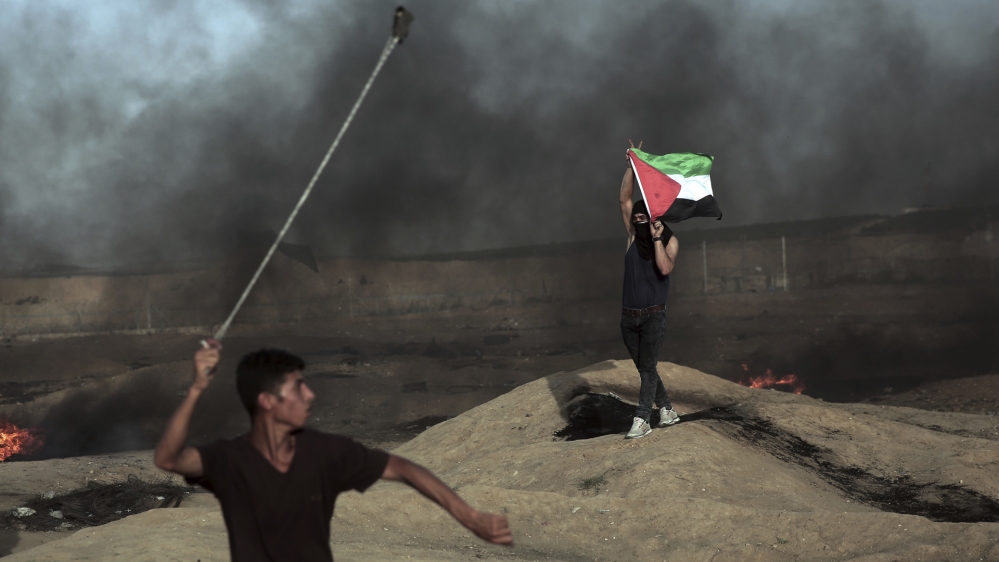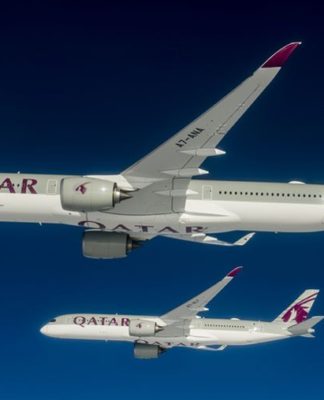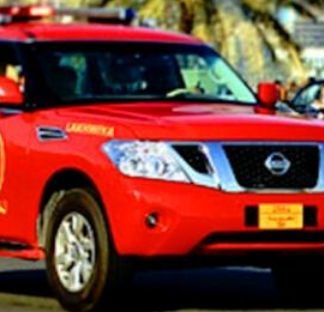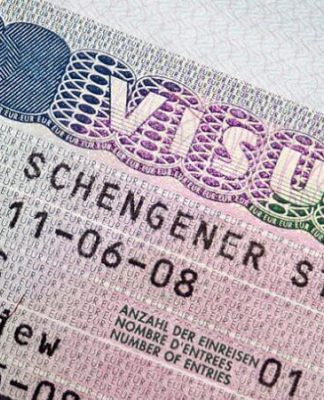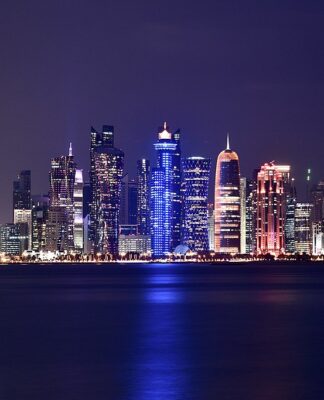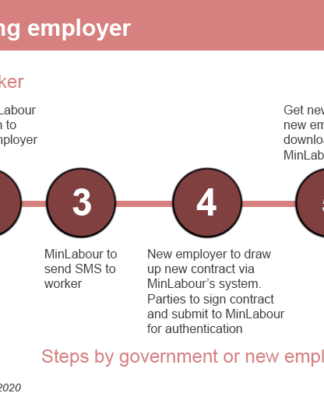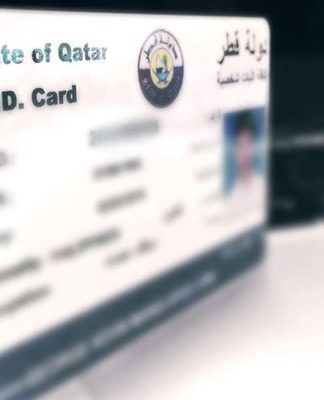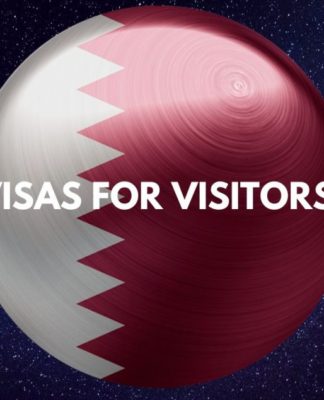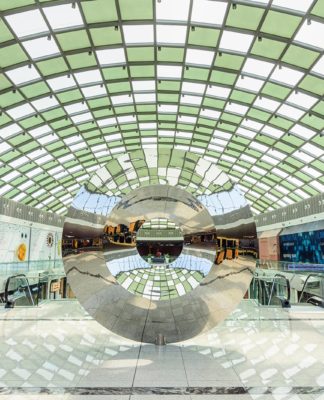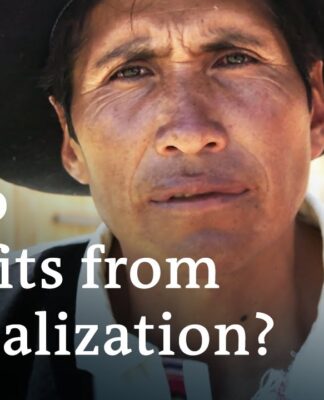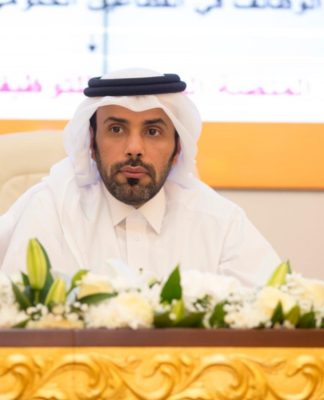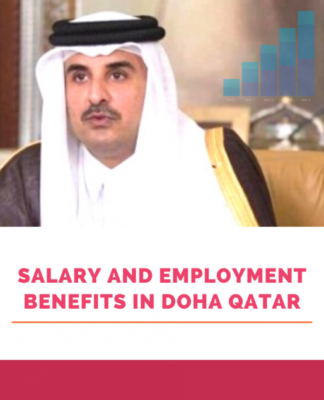The Palestine-Israel conflict is a media story that serves as a prism reflecting regional interests and ideologies.
The images beaming out of Israel and Palestine this week could not have been more different.
On one side of the split screen, dignitaries mingling in West Jerusalem, toasting the opening of the new US embassy there. On the other, carnage at the Gaza-Israel border, at least 60 Palestinians killed, most of them picked off from a distance by Israeli snipers.
Elsewhere in the region, media coverage reflected significant geopolitical changesoccurring in certain states.
Saudi Arabian media, that have often provided a pan-Arab platform for anger at the Israeli occupation, relegated the bloodbath at the border to the back half of their newscasts, until the images and voices online became too compelling to downplay.
“When you look at Al-Arabiya and you recognise that this is a Saudi channel, and you see that the Saudi regime has been opening normalisation economically, politically, militarily with the Zionist state and has been adopting the Zionist discourse, then of course that will be exemplified in the Al-Arabiya news,” says Rania Masri, associate director for Asfari Institute for Civil Society and Citizenship, AUB.
Political agendas were also at play among the other major media players in the region – Turkey, Iran and Qatar, home to the Al Jazeera Media Network.
The Palestine-Israel conflict, like the war in Syria, is one of those stories that serve as a prism reflecting various regional interests and ideologies. And the coverage can reveal as much about the news outlet’s country of origin, where it’s coming from, as it does about the story itself.
“Over the last probably 12 months, with the increased rivalry between Iran and Saudi Arabia, Iran tries to show that it cares so much about Jerusalem and out-do Saudi Arabia, especially under Mohammed bin Salman. So this competition using the Palestinian issue between two regional powers, Saudi Arabia on one hand and Iran on the other hand, in order to outscore the other which is actually not very helpful to the Palestinians,” says Professor Madawi al-Rasheed of the Middle East Centre at LSE.
Meanwhile, when it comes to Turkey, “its news media is more critical to Israel than it used to be in the past,” points out Asaf Ronel, head of foreign news at Haaretz.
Yet despite having some influential news outlets in its corner, despite the careful choreographing of an embassy opening to show the world, Israel, through its uncompromising military response and the news footage that produced, has managed to lose the battle for public opinion on this story.
“Sometimes, I agree that the Palestinians are not given enough attention. But this week, I think that they’ve been given all the attention,” says Jerusalem Post reporter Lahav Harkov Levine.
Contributors
Rania Masri, associate director, Asfari Institute for Civil Society and Citizenship, AUB
Asaf Ronel, head of foreign news, Haaretz
Mawadi al-Rasheed, visiting professor, LSE
Lahav Harkov Levine, journalist, Jerusalem Post
Source: Al Jazeera News









